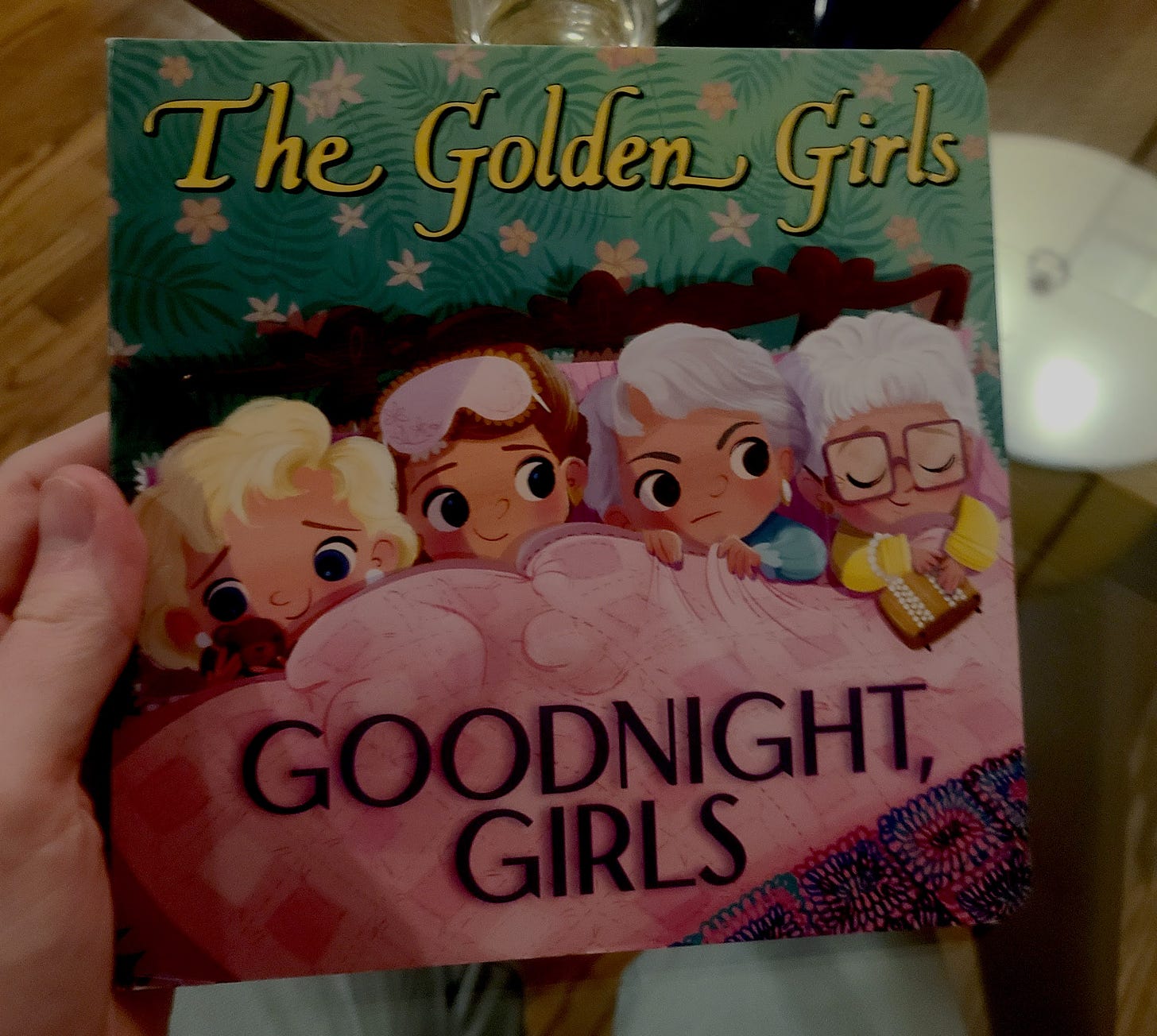Sometimes, I might pick up a new book, read a few pages, and decide that it is not for me. Months later, sometime years later, I will pick up that same book and speed through to the end. The reason for this might amount to timing or circumstance; or a new interest in the subject matter and storytelling style. There are extended periods where I pick up and put down many books, unsatisfied in them all. In other periods, I read in stretches that last for weeks and months. Much like the rest of me, my reading life ebbs and flows.
Recently, I finished a quite nice book. As I flipped to its final page, a thought crept in: What next? Sitting in bed, still not sleepy enough to drift off, I scanned my kindle’s library for the many books I keep preemptively downloaded; books that looked interesting at some point or were immediately, easily available from the library. Instead of jumping into another story, I read blurbs and hunt reviews on my phone (which, yes, is right next to me in bed). I’m now more awake than I was when I finished my quite nice book. My evening is heading in the wrong direction and I have nothing to usher me back toward soporific bliss. Finally, in a bid to preserve a somewhat reasonable bedtime, I click into a title and begin.
For the first few minutes, I read skeptically. A writer must earn my trust with a good beginning. There are many examples of what a strong beginning looks — or more importantly, feels — like. I don’t need a Hollywood-type kablam! I love character-driven, quiet stories that unfold with time. What I need is a confident sense that the writer has begun the story in the right place, with the right words, and that we, together, will experience the unfolding of a whole that is greater than its parts. At least, that’s what I’d like to think. The truth is, I’m fickle and inconsistent in my judgement.
The farther in style my new book is from the quite nice book I've just finished, the harder it is to become invested. It’s as if I married my last book and although we split amicably, I’m just not ready to jump back into the reading pool. Please don’t introduce me to your cute book with whom you know I will hit it off; at least….not yet. Maybe I am alone in this issue. Can other people finish, say, Britney Spears’s memoir and immediately pick up an epic poem, written as one long sentence, about life in a Siberian gulag? Do people finish Mary Higgins Clark and pick up James Joyce? Maybe I’m too slow or too stubborn.
The nature of a good book is the way you can live in the language, using the writer's guidance to imagine an entire world. When the book is done, the world that I have constructed doesn’t instantly disappear. It remains. Yet, I dutifully try to move onto the next book, giving myself no time to enjoy the work the writer and I have just completed together. I refuse to savor the completion of the journey. I deny the bittersweet ending of this pleasurable experience.
There are many instances in my life of this phenomenon: cooking a good meal and then eating it too fast while reading an email about nothing; taking a hot shower and then immediately putting on cold clothes to take the trash out; going to the movies and dashing out before the credits finish rolling to buy laundry detergent at a store that will be open for the next 499 hours. It is in these moments that I steal from myself. I leave behind me a string of incomplete experiences.
It took me until fifth grade to learn where to put the period in a sentence. Until that point, I would punctuate my papers with one large period, placed at the end of my pages-long, run-on thought. So, it doesn’t surprise me that even years later, I remain confused about where something properly ends and how something new begins. The period at the end of the final sentence in a book is where the story leaves the page, but it isn’t where the story leaves the reader. The reader makes that decision.
This week I’ve thought about why this is: why I avoid putting proverbial periods on the end of the experiences in my life – whether big or small. There is most likely a deep, avoidant issue at play. Perhaps I am trying to mitigate something, keep myself from having an experience so complete that I lose control. That’s probably the truth of it: Control. How funny, though, that it’s not only painful experiences that I apply this technique to, but also good, pleasurable experiences. I’m indiscriminate in my application.
As I approach the completion of the quite nice book that’s currently sitting on my bedside table, I look forward to its end — both because it’s a well-written story and because it provides practice in the art of ending a good book well. I may not be able to rid myself of all my avoidant, controlling tendencies overnight — especially those around negative emotions. What I can do, though, is loosen the grip I have to my relationship with the endings of positive experiences. Good endings, as it were. There is no need to control the good things, especially good books — they hurt no one. I can look the good in the eye and say, “hey, that was really nice.” The more I can savor the good things and their endings, the more I can embrace the next good things with a renewed, open mind.
- Andrew
Listen to this week’s playlist while you dig into a quite nice book of your own:






